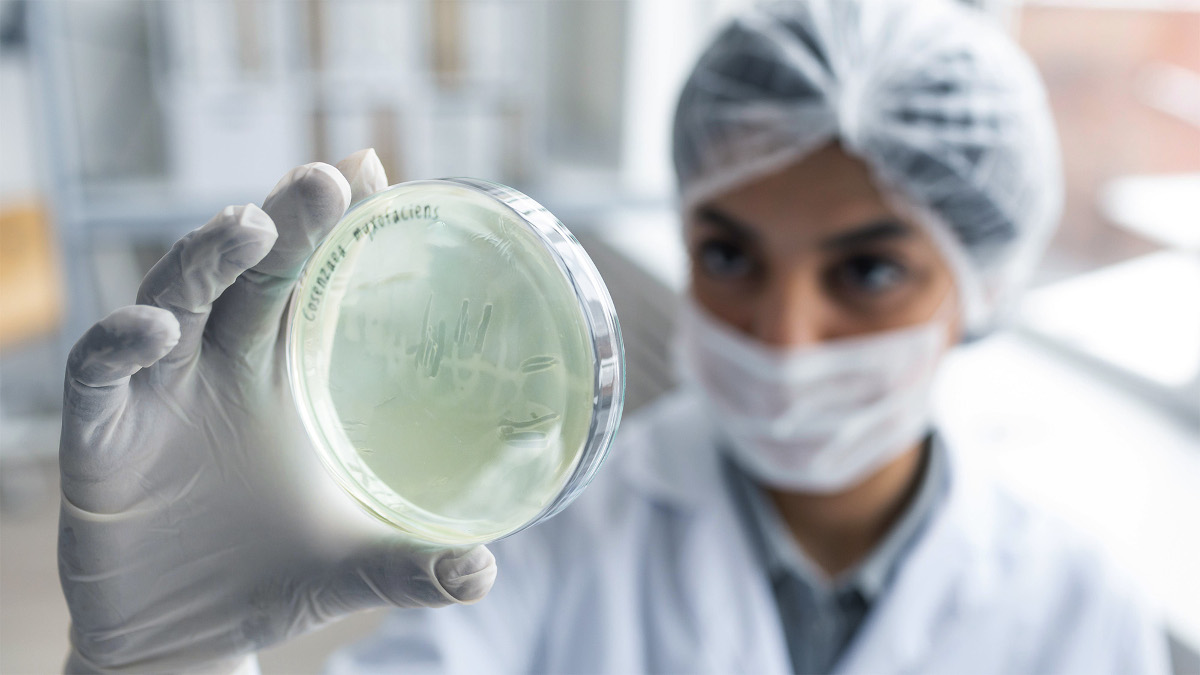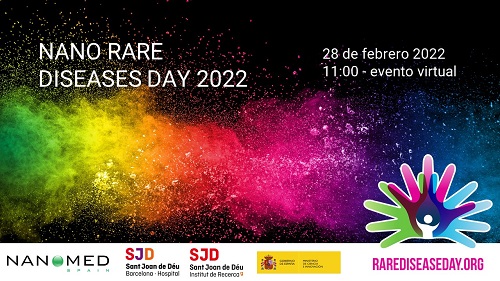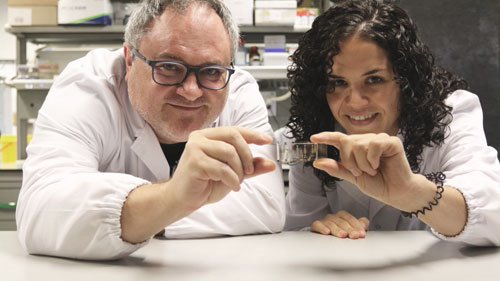New Faster Future campaign tackles bacterial resistance
IBEC dedicates the 4th edition of its fundraising program, Faster Future, to develop novel strategies to treat infections and diseases caused by antibiotic-resistant bacteria. Specifically, the research seeks to fight … Read more






